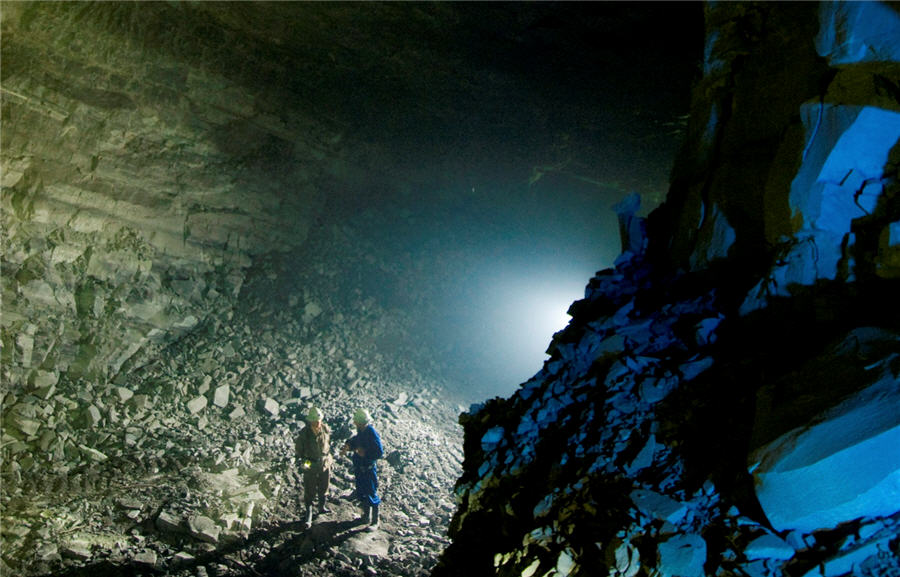
The Democratic Republic of Congo’s state-owned miner sought an urgent meeting to discuss a decision by Glencore Plc unit Katanga Mining Ltd. last week to halt cobalt exports.
Katanga, controlled by Glencore, announced Nov. 6 it suspended sales from its Kamoto mine in southeast Congo after detecting levels of uranium in supplies above those allowed for export. Gecamines, the government-controlled mining company that owns 25 percent of Kamoto Copper Co., said it wasn’t informed about the decision.
“We must first have a meeting of all the technicians to take a joint decision” about the temporary halt to shipments, Gecamines President Albert Yuma said by phone Tuesday from the capital, Kinshasa. “They are taking unilateral decisions that we haven’t verified, that we haven’t certified.”
A spokesman for Glencore declined to comment.
Congo is the world’s largest producer of cobalt, a vital ingredient in batteries that power electric vehicles. Katanga is will build an ion exchange system at Kamoto to remove uranium, which is expected to cost about $25 million and be ready by the end of the second quarter. In the meantime, it’ll stockpile the metal while continuing to mine both cobalt and copper.
Gecamines said in a statement it was alerted by its representatives within KCC of “a high level of uranium” in the cobalt hydroxide produced by KCC.
“Both parties must confirm it and in the presence of the state because in environmental matters the state must be the final decider,” Yuma said. “It’s not KCC.”
Katanga accounts for about a quarter of Glencore’s African cobalt production, with 6,500 metric tons of the metal being mined in the first nine months of the year. Glencore produced 25,700 tons in Congo in that period. Before the suspension, KCC was set to become the largest cobalt mine in the world next year.
(By William Clowes)